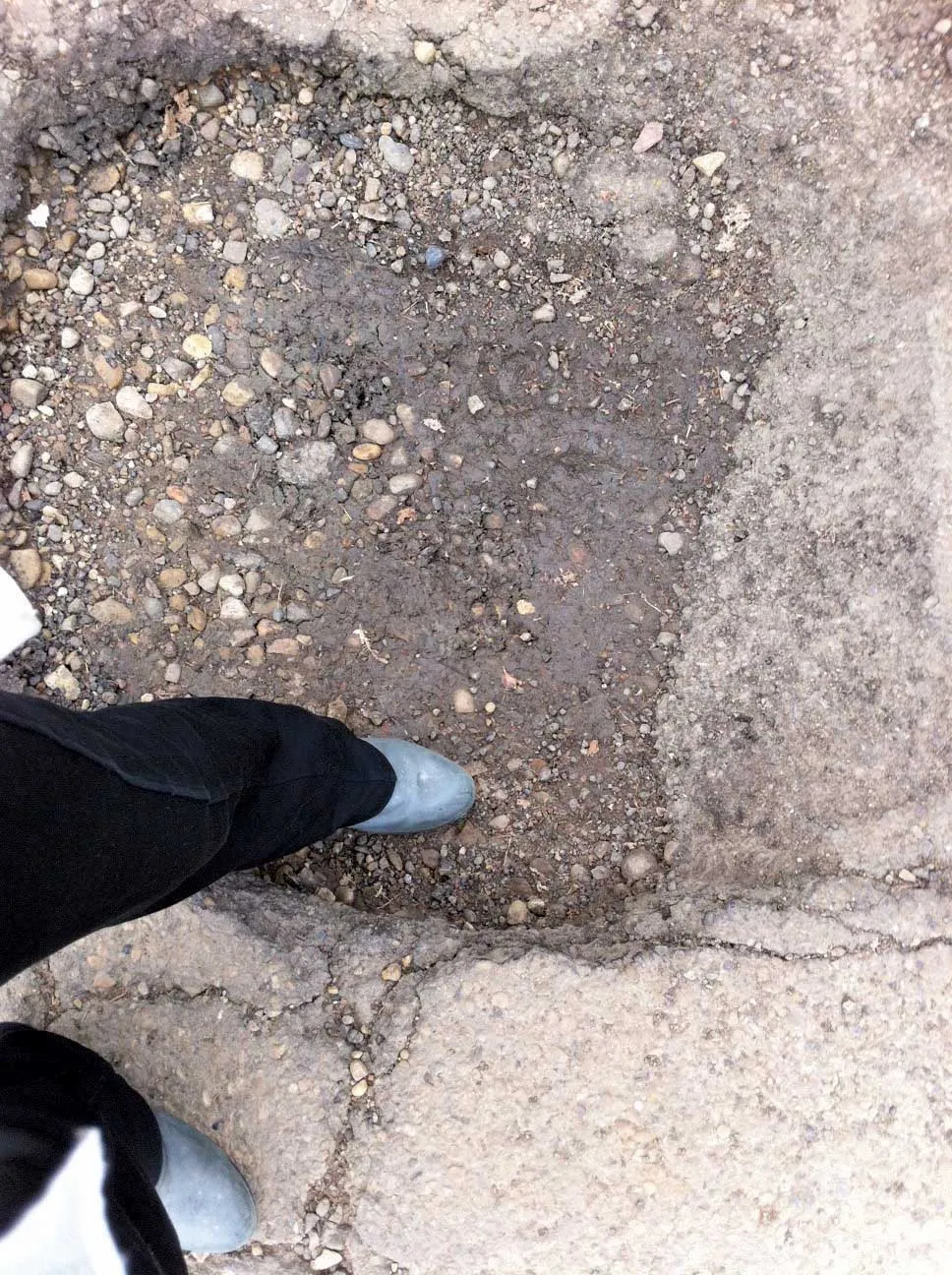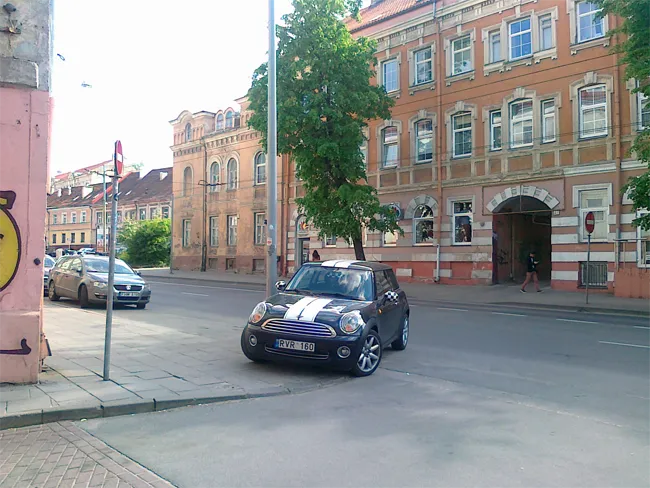People park in the smallest of places, despite the best efforts of urban street designers and town planners to ensure an orderly arrangement of suitably spaced cars.
Surly some spaces are just too small to park even the smallest car. But the city of Bristol, in southwest England, has taken no chances and has painted the double yellow ‘no parking’ lines in areas no one in their right mind could squeeze a car.
Click here to see just how small the space is that authorities in Bristol have felt they need
May 8, 2015
Read time: 2 mins
People park in the smallest of places, despite the best efforts of urban street designers and town planners to ensure an orderly arrangement of suitably spaced cars.
Surly some spaces are just too small to park even the smallest car. But the city of Bristol, in southwest England, has taken no chances and has painted the double yellow ‘no parking’ lines in areas no one in their right mind could squeeze a car.
%$Linker:2 External <?xml version="1.0" encoding="utf-16"?><dictionary /> 0 0 0 oLinkExternal Click here Visit BBC story page false http://www.bbc.co.uk/news/uk-england-bristol-32589228 false false %> to see just how small the space is that authorities in Bristol have felt they need to mark out as an illegal parking area.
Bristol City Council said the lines were there to ensure vehicles did not park unsafely. However, people have been laughing at the short length of the lines. Because it is a space long enough for only a model car, why bother marking it out?
One man who is against the parking zone tweeted a picture of a toy racing car beside the short yellow double lines which he criticised as “completely over the top".
"It would be virtually impossible to park anything in the space - it's even too small for a Smart car,” he reportedly said. “It's really ludicrous and so bureaucratic and just another foul-up from the council."
A Bristol City Council spokeswoman said the lines ensure access for emergency services, as well as sanitation and delivery trucks, and allow residents enough space to get in and out of their driveways and garages.
Surly some spaces are just too small to park even the smallest car. But the city of Bristol, in southwest England, has taken no chances and has painted the double yellow ‘no parking’ lines in areas no one in their right mind could squeeze a car.
%$Linker:
Bristol City Council said the lines were there to ensure vehicles did not park unsafely. However, people have been laughing at the short length of the lines. Because it is a space long enough for only a model car, why bother marking it out?
One man who is against the parking zone tweeted a picture of a toy racing car beside the short yellow double lines which he criticised as “completely over the top".
"It would be virtually impossible to park anything in the space - it's even too small for a Smart car,” he reportedly said. “It's really ludicrous and so bureaucratic and just another foul-up from the council."
A Bristol City Council spokeswoman said the lines ensure access for emergency services, as well as sanitation and delivery trucks, and allow residents enough space to get in and out of their driveways and garages.







